E-phyto application in Viet Nam: a mission to plant a seed
Vietnam’s horticulture sector (including fruits, vegetables, flowers and ornamental plants) plays significant role in the country’s agriculture. The sector has seen rapid growth in recent years due to increasing domestic demand and expanding export markets. The country currently exports a broad range of agricultural products to 182 countries over the world. Vietnam's horticultural products have gained popularity in international markets for its freshness, and diversification of high quality. China, Korea, Japan, USA and Thailand remain key markets with sustained growth.
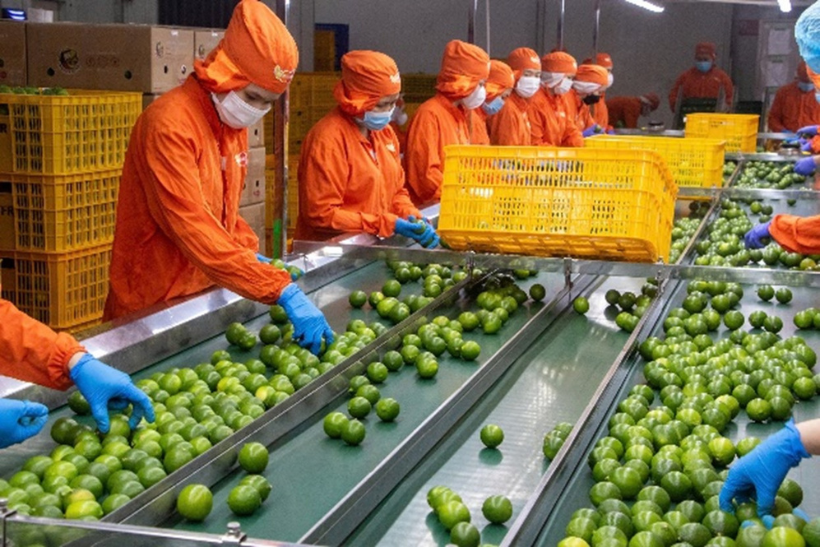
Benefits of E-Phyto
In Viet Nam, agriculture shows an annual growth of 3.5% and contribute 11.9% to GDP, higher than the world average of 4.3%. The digitalization in agriculture is only at 2.1% which is at the low level of the world average and far below the target of the government of 10% by 2025. Regarding the trade of horticultural products, real-time tracking, speeding up handling process and minimizing errors are among key factors to ensure quality of products till the intended destinations.
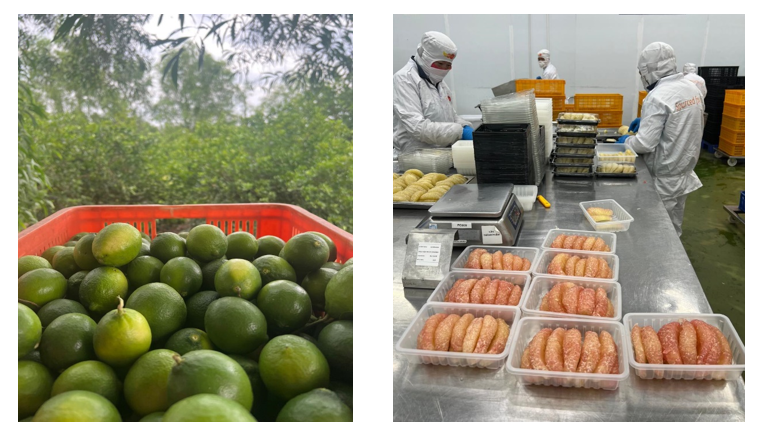
And that is where digitalization can play a role. Today, phytosanitary certificate, which is required to accompany horticultural shipments can be both in electronic (e-Phyto) and paper form. The International Plant Protection Convention (IPPC) strongly supports and promotes the use of e-Phyto as a legal alternative for a phyto certificate in paper form due to benefits of e-Phyto to governments and businesses. As a result, there have been more than 90 countries in the world that are in transition or already in use of e-Phyto. All three biggest trading partners of Vietnam for horticultural products (China, USA, Korea) are in this list.
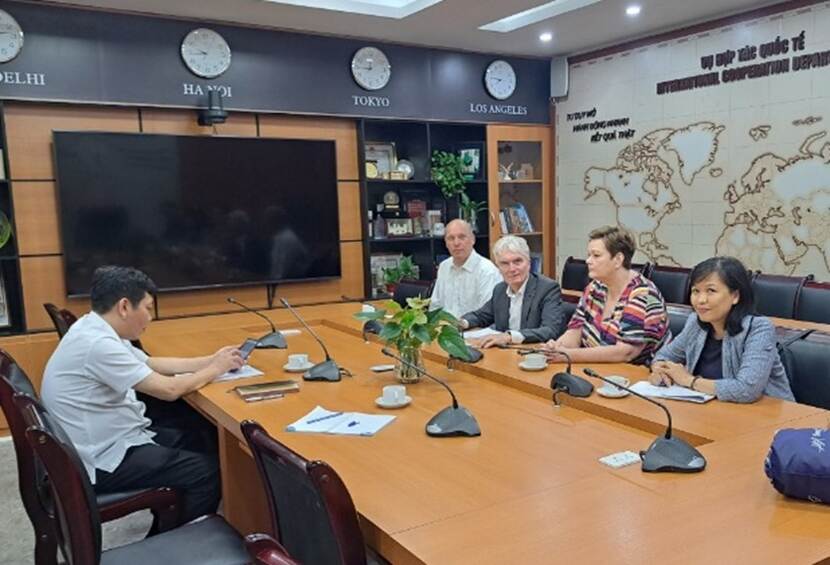
This serves as an inspiration for Viet Nam to investigate and test the water for the use of e- Phyto. The water is getting warmer in the context of limited personnel resources in Plant Protection Department (PPD)/National Plant Protection Organization (NPPO) of Vietnam while, still they have to issue on average 700.000 phyto certificates per year.
Technical exchange is key for the use of E-Phyto
Since early 2024, the Netherlands has started a project supporting Viet Nam in this transition. The project aims to implement technology and procedures that will enable Viet Nam to issue electronic certificates in compliance with the International Plant Protection Convention (IPPC) and EU regulation in order to eliminate paper certificates. This will ultimately smoothen the trade in plants and plant products from Viet Nam to the Netherlands with gains for both sides.
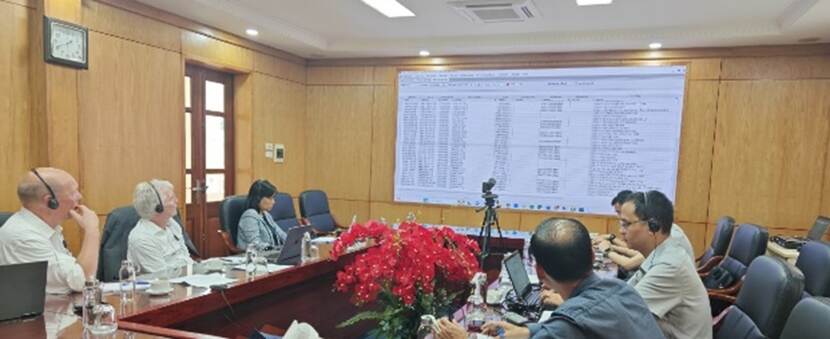
After several technical meetings, late July and early August 2024, teams of the Netherlands and Viet Nam (at expert and management levels) had in-depth technical meetings and missions both in the Netherlands and Viet Nam. Fit/Gap analysis has been done, showing the result that many conditions to comply with the international e-Phyto standards have been present in Viet Nam. The live demo of the issuance of an e-Phyto at a Dutch exporter of flowers, without using any paper and 100% time and place independent has inspired the PPD delegation with new ideas on the potential of e-Phyto.
A lot of work will need to be done so that the seed of e-Phyto planted in this mission can growth healthy and strongly.
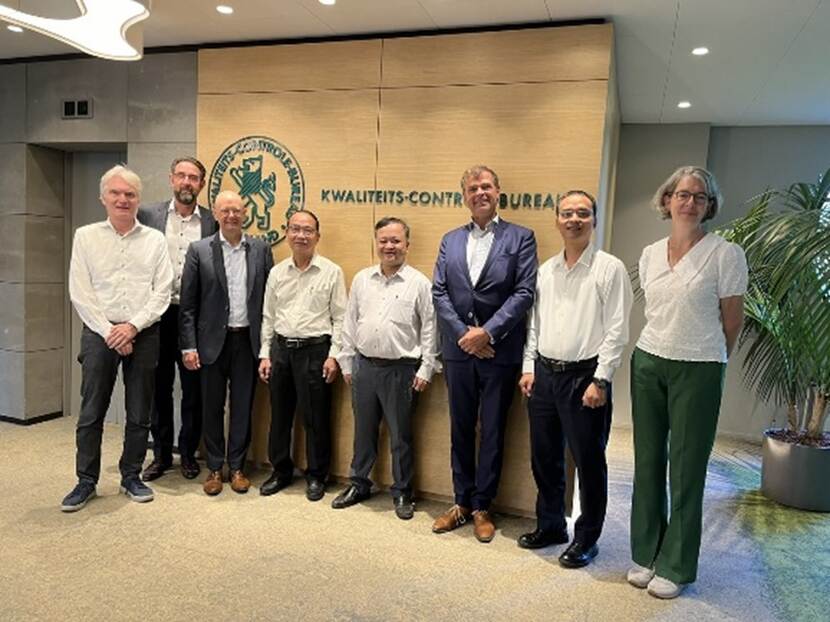
Do you have any questions for the agriculture department please send an email to HAN-LVVN@minbuza.nl. For the latest updates, news funding opportunities and more, follow us on Twitter @AgroVietnam and LinkedIn Netherlands Agricultural Network in Vietnam.